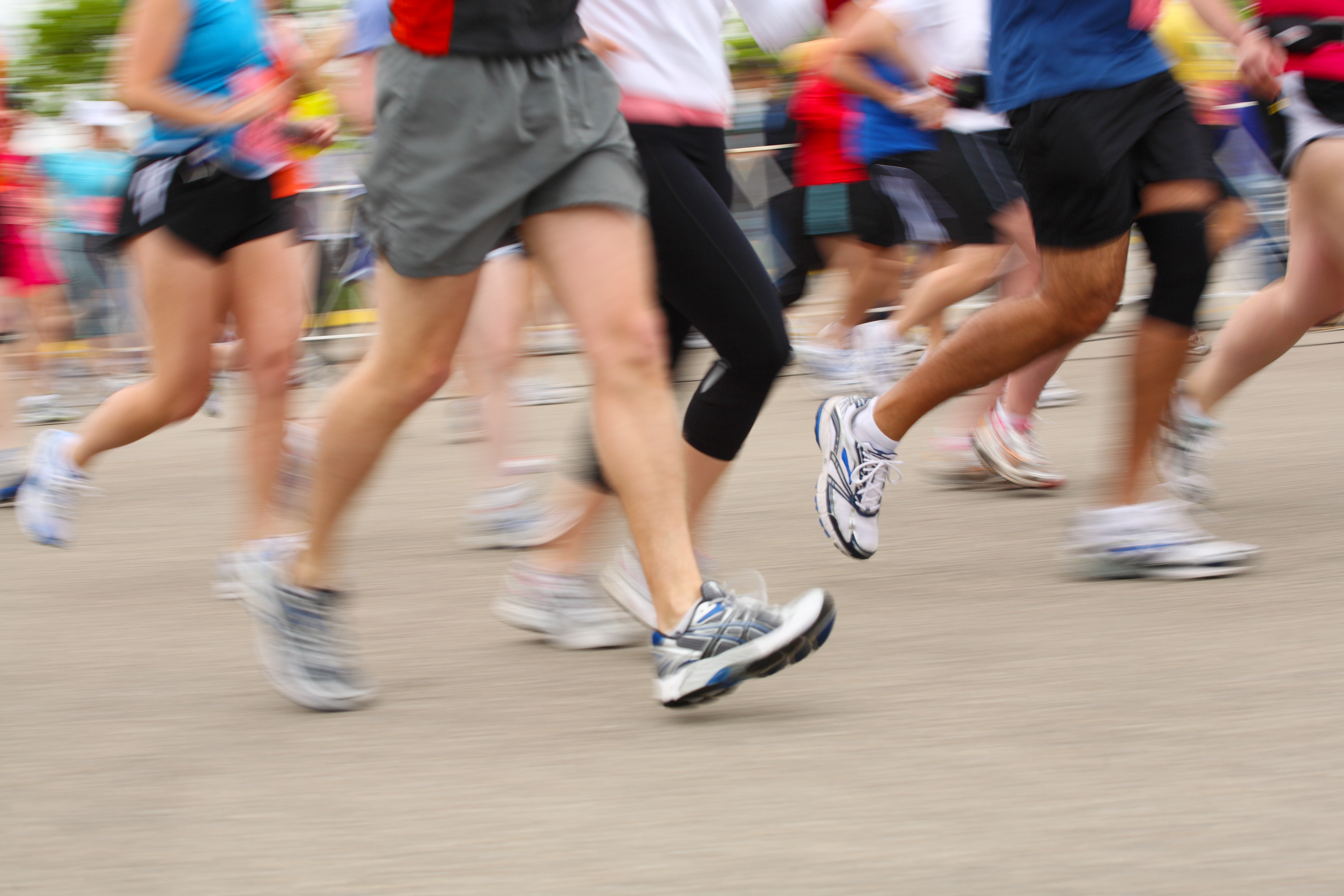-
Feeding Recovery for Endurance Athletes
Whether running, cycling or swimming, when engaged in sporting activities for more than two to three hours at a time it’s important to replenish your body’s fuel store to rebuild muscle and ensure a necessary supply of energy for the future.
“Recovery is a hot topic now in sports nutrition and whether there is a two-hour window of recovery after training or participating in a race,” says registered dietitian and nutritionist Erica Goldstein, who works on Mayo Clinic’s Florida campus.
“The two-hour window is specific to endurance athletes, so the first thing I recommend to start the recovery process after an endurance run, ride or swim is to replenish carbohydrate stores,” says Goldstein.
“Additionally, most athletes who are training or racing for more than three hours at a time are likely burning protein for fuel as well as carbohydrates. So it’s important to restore protein as well, to help repair and rebuild new body proteins,” she says.
Drinking a carbohydrate-containing beverage that also includes protein soon after finishing is ideal, she adds. Chocolate milk meets these criteria.
It’s important, she adds, to take in the right amount of carbohydrates and protein to maximize recovery.
How much do you need?
After extended training or finishing a long race, Goldstein says athletes should consume 1-1.2 grams of carbohydrate per kilogram of body weight. Your body weight in pounds divided by 2.2 equals your body weight in kilograms.
For protein, approximately 20-25 grams of protein is ideal to consume at one time, within the first two hours of an event, to support maximal growth and repair. Good choices for protein include milk, whey protein or pea protein, which is often found in commercial beverages or as a powder. Dietary sources of protein include chicken, fish, eggs, or nuts and nut butters.








